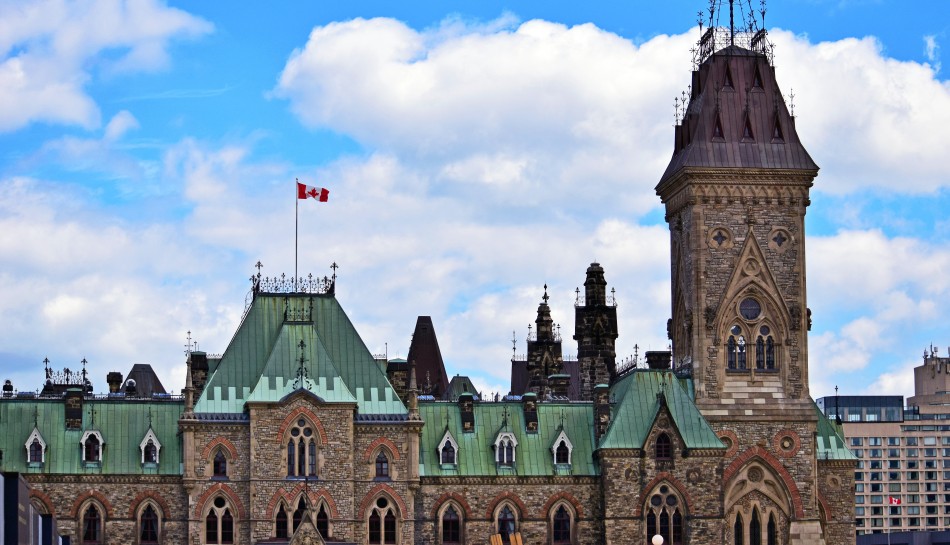The Public Service Alliance of Canada (PSAC), a union representing 155,000 federal government employees, has announced a strike effective today that will impact most government departments, including Immigration, Refugees and Citizenship Canada (IRCC).
Some Government of Canada services will be limited while the strike is ongoing.
Areas of disruption
Most significantly, IRCC says there will be some disruptions and delays can be expected in:
* processing applications
* in-person appointments or events including citizenship ceremonies
* contacting IRCC via email, phone or social media
* consular citizenship and passport services
* passport services in Canada
Available IRCC services
IRCC says some services will remain available to applicants. You will still be able to:
* apply online
* mail applications to IRCC
* use your online accounts
* access some emergency services
These services are offered by non-governmental organizations also remain available:
* settlement services from IRCC partner organizations
* health care through the Interim Federal Health Program
* visa application centres outside of Canada
Further, Employment and Social Development Canada (ESDC) is expecting disruptions to the Temporary Foreign Worker Program (TFWP) and the collection of biometrics.
What is the strike about?
The union, which represents 155,000 public servants in Canada, says it is striking for fair wages, a better work-life balance, more workplace inclusivity, and reduced layoffs through the creation of more jobs, rather than contracting positions to private organizations.
On April 17, the Government said both sides had been in talks to reach an agreement and avoid the strike. At the time, the Government tabled a wage increase offer of 9% over three years that mirrors the recommendations of the third-party Public Interest Commission.
One of the key issues is ensuring that PSAC members may continue to work remotely. The union says that over the course of the COVID-19 pandemic public service workers proved to be as effective working remotely as when they were in the office and that 90% of workers want to continue working remotely.
The Government says the demands, as currently drafted, will severely impact the ability to deliver services to Canadians and would limit its ability to effectively manage employees within the public service.
The Government reports that benefit payments will be prioritized and can confirm that the Canada Child Benefit will continue during the labour disruption. Payments will also continue as scheduled for:
* Employment Insurance payments
* Canada Pension Plan payments
* Veterans’ income support
* Old Age Security and Guaranteed Income Supplement payments
Source : cicnews.com
















